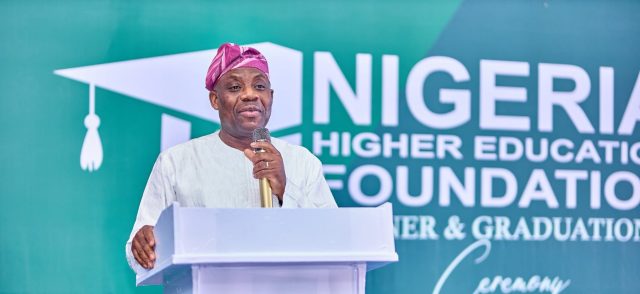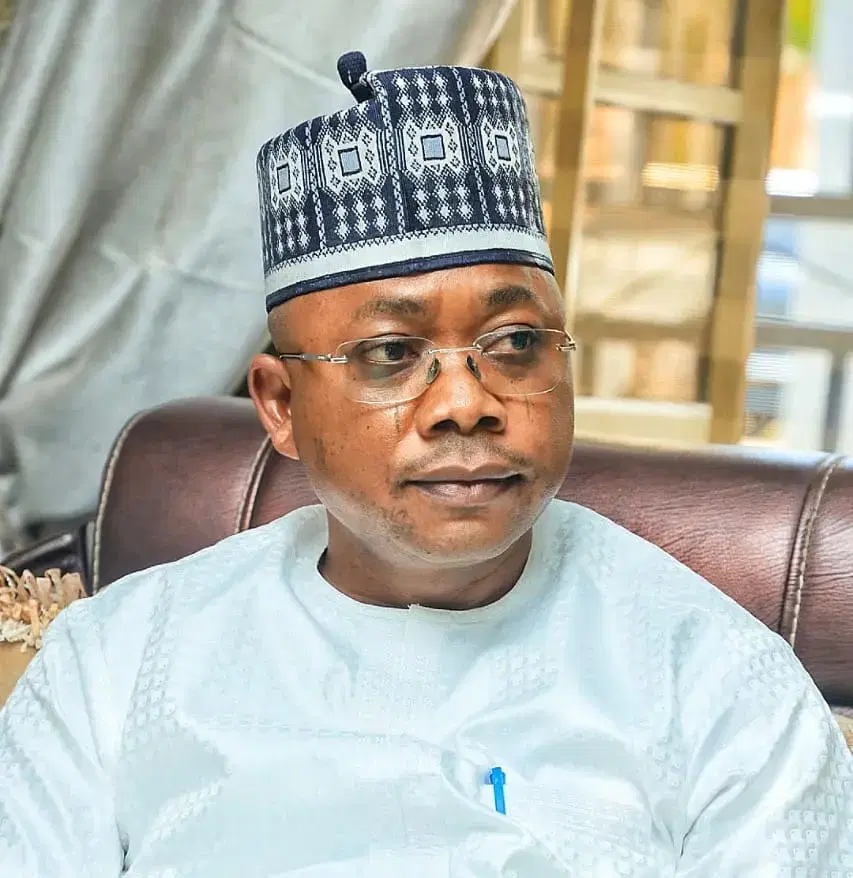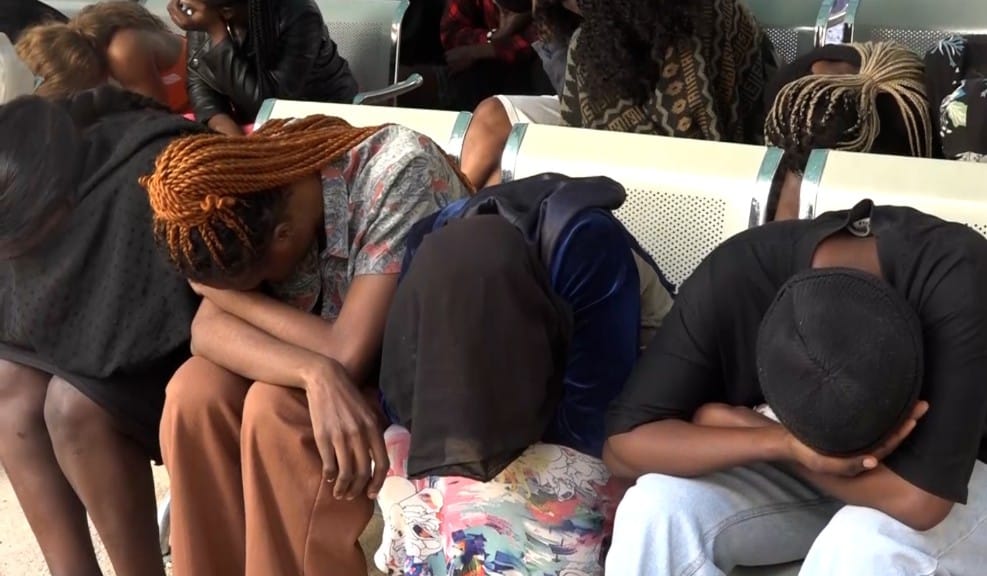The Federal Government has announced a significant increase in scholarship grants across all levels of education as part of a sweeping reform of Nigeria’s National Scholarship Programme. The move is aimed at easing the financial burden on students and driving inclusive development through enhanced access to quality education.
Unveiled by the Minister of Education, Dr. Maruf Olatunji Alausa, during a meeting with the Federal Scholarship Board, the reforms mark the most ambitious upgrade of Nigeria’s scholarship scheme in over a decade. This initiative aligns with President Bola Ahmed Tinubu’s Renewed Hope Agenda, prioritizing education as a key pillar for national growth.
Scholarship Amounts Increased by 50%
To tackle rising education costs, the Federal Government has raised scholarship grants by 50% across all academic levels. PhD students will now receive ₦750,000 annually, up from ₦500,000; Master’s students will get ₦600,000, an increase from ₦400,000; while undergraduates, HND, and NCE students will receive ₦450,000 annually, up from ₦300,000.
This adjustment covers all major schemes, including the Nigerian Scholarship Award and the Education Bursary Award.
New Scholarships for STEM and Medical Students
As part of the restructuring, two new scholarship categories have been introduced. The first targets students in STEM and vocational programmes at public polytechnics with a dedicated ₦1 billion fund. The second focuses on students in Medical, Nursing, Pharmacy, Dentistry, and Physiotherapy at public universities, also supported by a ₦1 billion allocation.
These additions stem from a strategic reallocation of the Bilateral Education Agreement (BEA) scholarship budget to prioritize national education needs.
Inclusive Allocation Framework
Under the new framework, 50% of awards will go to undergraduates, while Master’s and PhD candidates will each receive 25%. Additionally, 70% of scholarships will focus on STEM disciplines, while 30% will support Social Sciences. In a move to promote inclusivity, 5% of all scholarships are reserved for students with disabilities.
An Inter-Ministerial Committee, including representatives from the National Assembly, Federal Character Commission, and Ministry of Women Affairs, will oversee transparent implementation.
A ₦6 Billion Investment in Nigeria’s Future
The revamped programme, with a ₦6 billion budget for the 2025–2026 cycle, is set to benefit over 15,000 students nationwide. Dr. Alausa emphasized that beyond funding, this reform is a strategic investment in Nigeria’s human capital to support the country’s ambition of becoming a $1 trillion economy.
The Ministry of Education reiterated its commitment to transparency, accountability, and continuous improvement in implementing this scholarship overhaul.




